The 2020/2021 kaki campaign is already underway in Spain with the harvest and handling of the first fruits, marked by a drop in the national production both due to lower yields and the impact of pests.
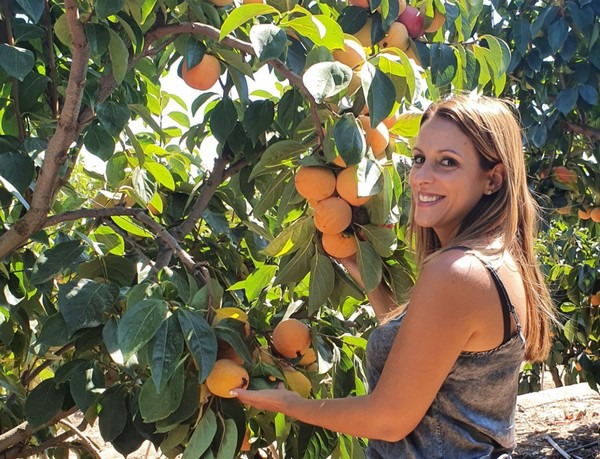
Based in the heart of the Ribera del Xúquer, Frutas Hernara is starting this week with the handling of the first kakis, as the fruit is acquiring the right pigmentation. "The fruit needs a temperature contrast between day and night to take on color and, due to the lack of low temperatures, we preferred to wait until it had the optimum pigmentation before harvesting it," says Alba Hernández, general director of this Valencian company, which is specialized in the production, handling and marketing of Rojo Brillante kakis, as well as citrus and stone fruit, and which has years of experience in all kinds of markets.
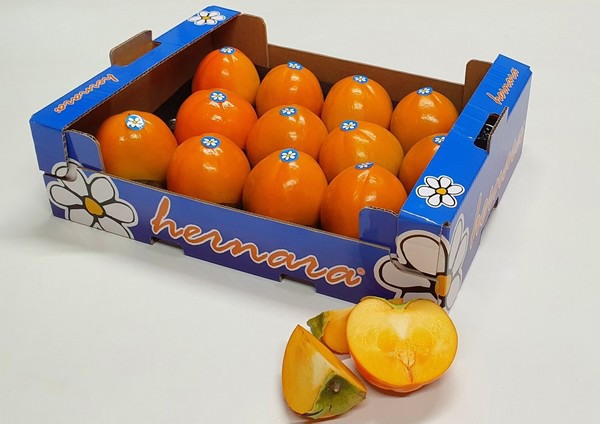
Its kakis are shipped to many European countries, but also reach supermarkets and wholesalers in various overseas markets. “We are present in Canada, Brazil, Singapore, Hong Kong, Saudi Arabia or Jordan. We started marketing the fruit in Europe and, later, we began shipping to distant destinations, both by air and by sea, when the quality of the product was adequate to withstand 25 to 30 days of transit time.”
In fact, the director of Frutas Hernara believes that the future of the kaki sector may be in the overseas markets, as there is still great potential for development there. “Kakis are not present in many markets due to lack of knowledge about the fruit. In the coming years, the worldwide demand will be increasing as consumers become more familiar with the product,” says Alba. “It is a fruit that is widely accepted in the market; people who taste it always want more. In addition to being closely associated with the winter season, just like citrus fruits, it is also popular in the off-season,” she says.
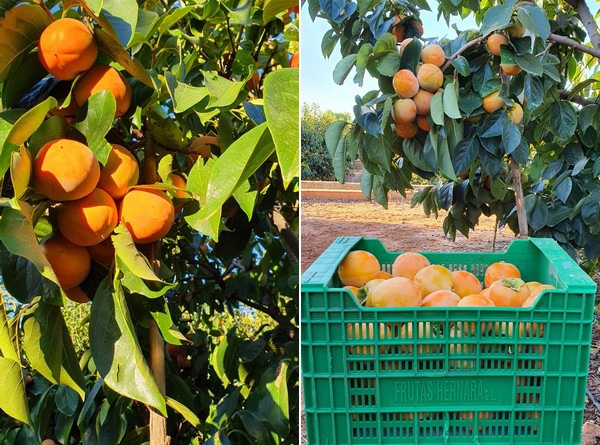
Also, in the company's experience, the price crisis recorded last year due to the large harvest was not nearly as bad in the overseas markets. “Last season, the kaki market collapsed in the closest destinations within Europe; those that any company could reach. However, worldwide, the excess production was not reflected in the prices and they remained at more acceptable levels,” he says. “This year the campaign should be quieter, with a more stable market. Since there is no oversupply, there will be less pressure on warehouses and this will make it possible to control the production, better choose the destination and the customers, and better control prices. Furthermore, thanks to the large volumes available last season, and their low prices, many families had the chance to enjoy this fruit for the first time.”
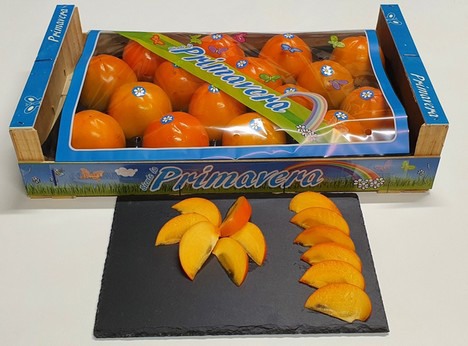
The kaki marketing season is kicking off in the middle of the second wave of the coronavirus, a challenge that Frutas Hernara is facing paying special attention to safety. “We have implemented all the necessary measures to keep our staff monitored. An action protocol has been established and the workers, who have been divided into bubble groups, have been informed. We have also implemented ozone chambers to ensure that the fruit that leaves our facilities is free of viruses,” says Alba. “But still, it will continue to be a challenge to have our entire staff working at all times. Inside the facilities, we do everything within our power to protect our workers, but it is necessary for people to be cautious, so that nobody gets infected outside,” she says.
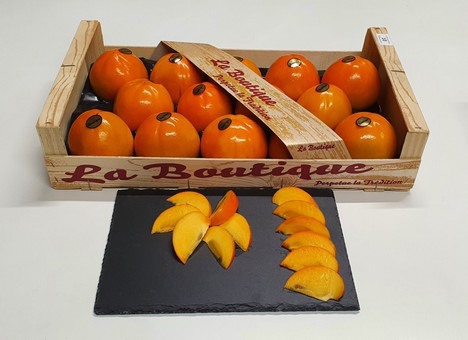
It is worth noting that kakis are being studied by a group of Japanese researchers, who have found indications that the tannins in unripe fruits could neutralize COVID-19 under certain conditions. "If this is confirmed, it could be of great help to the sector to make this fruit more popular and boost its consumption worldwide," says Alba Hernández.
Frutas Hernara markets its kakis under several brands: Hernara for the extra quality products, La Boutique and Siente la Primavera for the first class fruit, and Pascualina Natur for the second class or standard fruit. “In our company, we always say that trees produce a wide range of fruits of different sizes and qualities. This gives us the chance of offering our customers kakis of all categories, depending on their needs,” she says.
For more information:
Alba Hernández Lumbreras
FRUTAS HERNARA SL
T: +34 652626432
comercial@frutashernara.es
www.frutashernara.es
